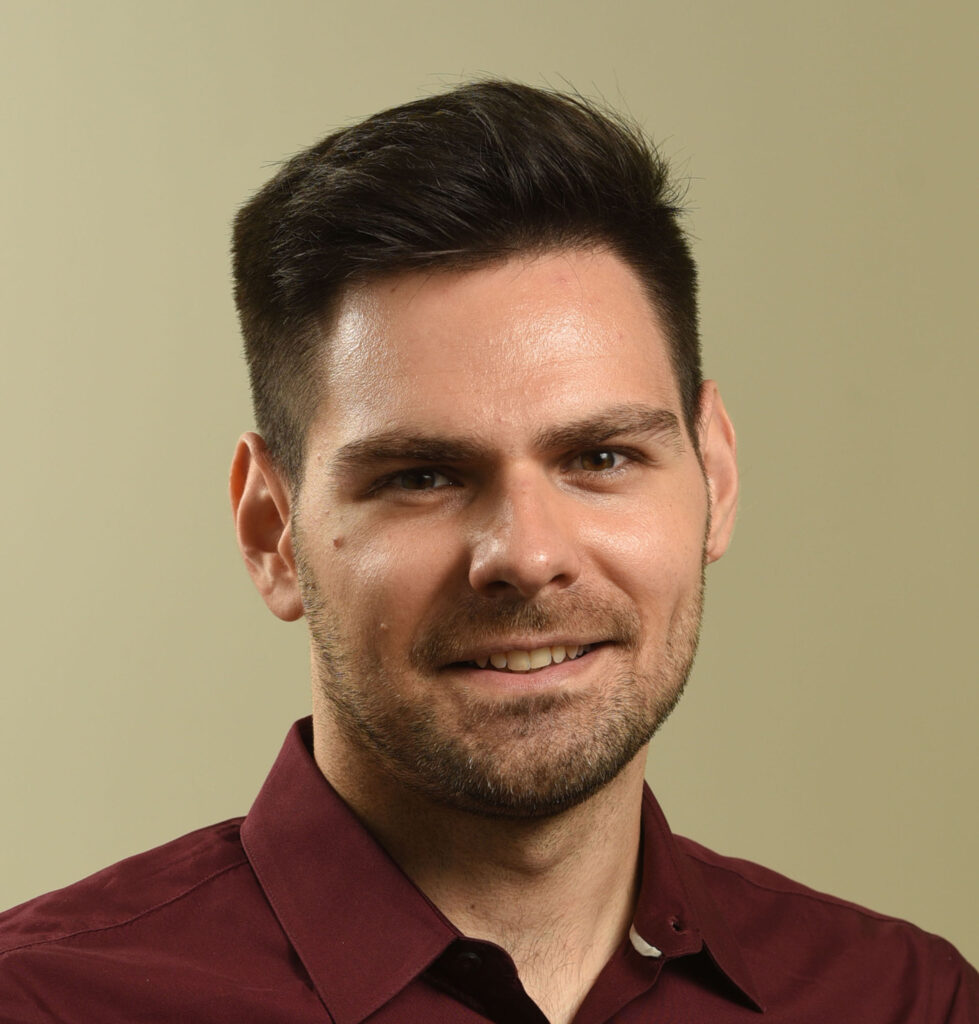Marko Tesic
Post-doc at LCFI, University of Cambridge, UK
Recent advancements in AI, particularly in language modeling, have rekindled concerns about the potential automation of certain roles within the human workforce. To better understand which roles are susceptible to automation and to ensure the trustworthy and reliable deployment of AI, I aim to establish a translation pathway between the current evaluation of AI capabilities and the cognitive demands of specific job tasks. The goal of the project is to build upon previous work on AI evaluation and the exposure of human jobs to AI by developing a modeling approach that estimates the likelihood of an AI system (a large language model) successfully performing a particular job task. This will be done by extending the ‘measurement layouts,’ a Bayesian modeling approach to AI evaluation, and integrating it with previous work on estimating AI exposure of job tasks. The outcomes of this project, an extended measurement layout framework that assesses the occupational impact of AI, will improve our understanding of current AI systems’ capabilities and their potential in performing occupational tasks. This will inform us about the reliability with which we can deploy AI in the workforce, helping us to calibrate our trust in AI systems in relation to their ability to perform specific tasks.
Keywords: Human workforce tasks, cognitive capabilities, large language models, trustworthy deployment of AI systems in human workforce
Scientific area: AI, cognitive science, occupational psychology
Bio: Marko Tešić is a Research Associate at the Leverhulme Centre for the Future of Intelligence, University of Cambridge. He focuses on exploring the cognitive capabilities of AI and translating these capabilities onto the cognitive requirements of specific roles within the human workforce. Previously, Marko was a Royal Academy of Engineering UK IC postdoctoral research fellow where he investigated the impact of explanations of AI predictions on our beliefs. He has also done research on explanations and reliability, and causal-probabilistic reasoning in humans. Marko has a background in psychology and cognitive science (Ph.D.), logic and philosophy of science (M.A.) and philosophy (B.A.).
Visiting period: 10 – 24 April 2024 at VRAIN, UPV, Valencia, Spain
